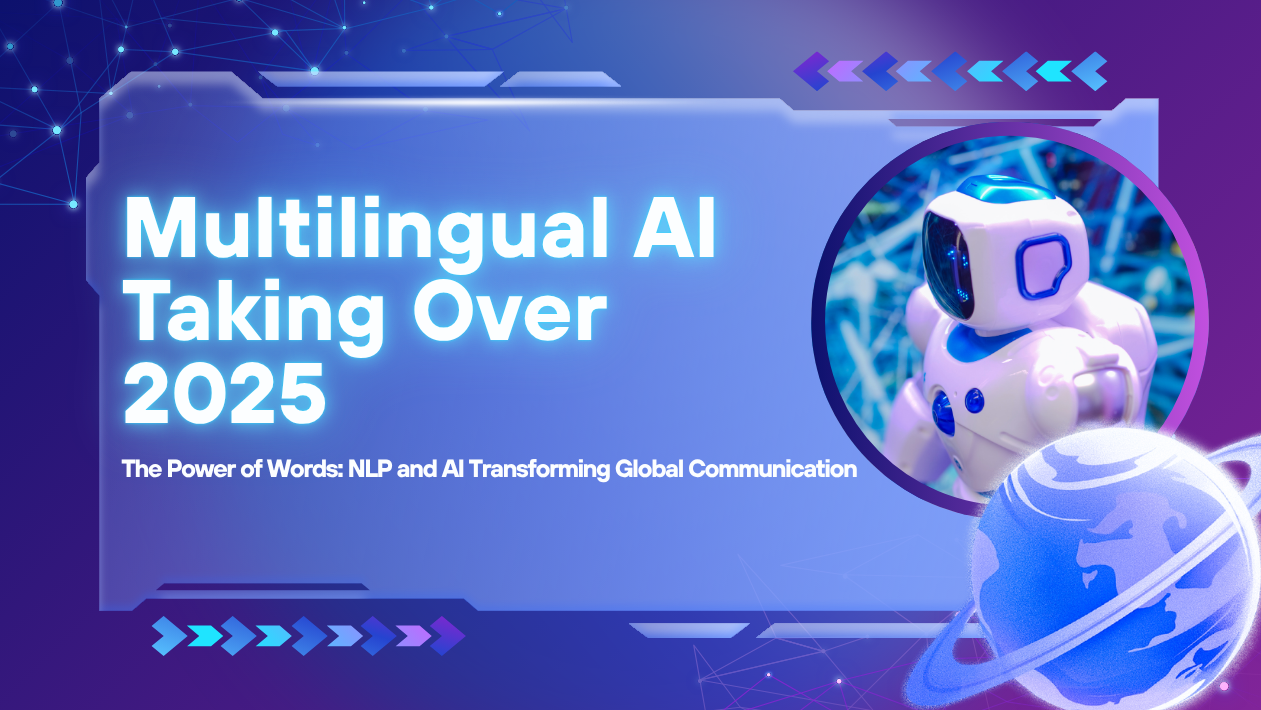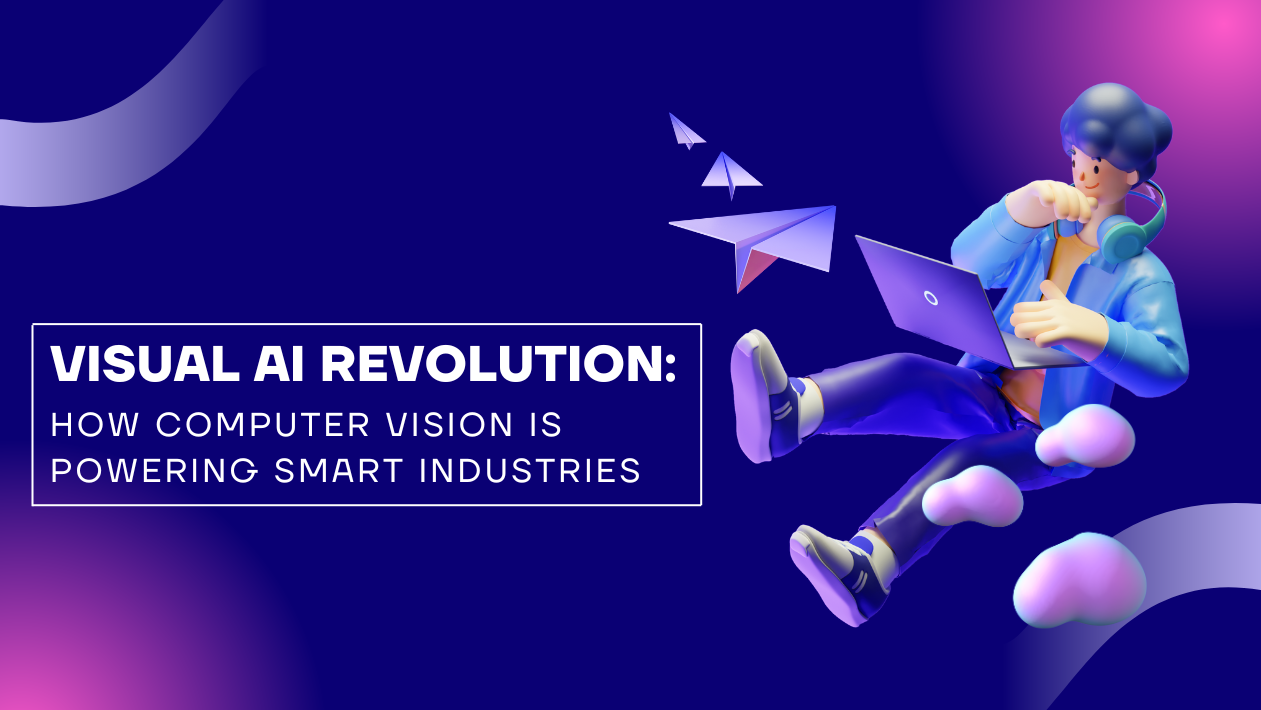As AI technologies become more pervasive, it’s crucial to consider their ethical implications across different cultural contexts. A one-size-fits-all approach to AI ethics may not be effective or fair.
Cultural Variations in Ethical Standards
Ethical principles such as fairness, privacy, and accountability can have different meanings in various cultural settings. For example, concepts of individual privacy may differ between Western and Eastern societies.
The Need for Inclusive Governance
Global AI ethics frameworks should involve diverse cultural perspectives to ensure that AI systems are developed and deployed in ways that are respectful and beneficial to all cultures.
Addressing Social Inequality
AI technologies have the potential to exacerbate social divides, particularly in low- and middle-income countries. It’s essential to ensure that AI benefits are distributed equitably and that vulnerable populations are protected.
The Role of International Collaboration
International organizations and partnerships can play a vital role in developing and promoting ethical AI standards that are globally inclusive and culturally sensitive.
Moving Towards Ethical AI
By embracing cultural diversity in AI ethics, we can create systems that are more just, equitable, and aligned with the values of all societies.





